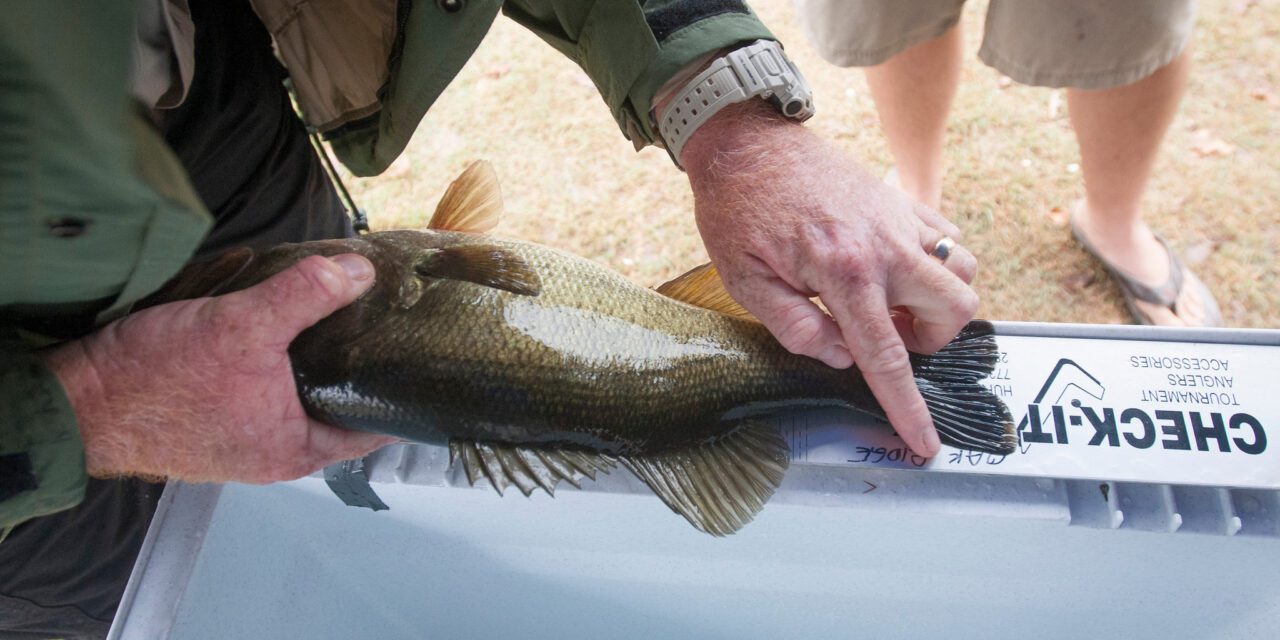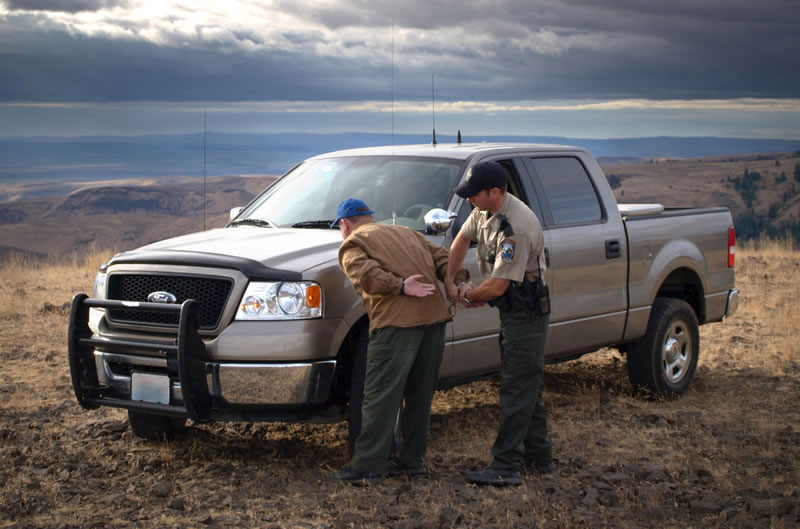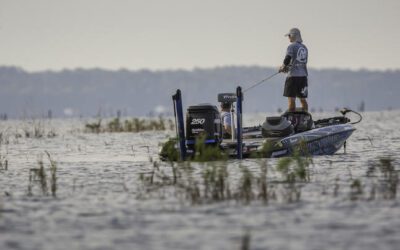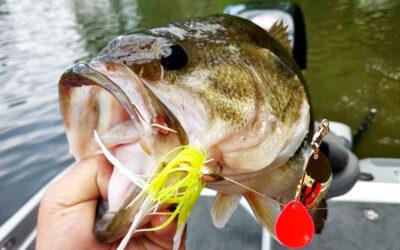We sit down with Bo Merckle of SamsSon Lures to discuss his unique idea for the ultimate memorializing bass fishing lure of your loved one.
Fish and Game Laws


Follow Your Local Laws When Fishing for Bass: Tips for Responsible Anglers
Fishing for bass is a popular pastime in many parts of the world. Whether you are a seasoned angler or a newcomer to the hobby, it’s important to follow your local laws when fishing for bass. Not only is this important for preserving the health of bass populations, but it also helps to ensure that you don’t run afoul of the law. In this article, we’ll take a closer look at some of the things you need to know when it comes to following your local laws when fishing for bass.
Know the Regulations
The first step in following your local laws when fishing for bass is to know what those laws are. Regulations can vary widely depending on where you are fishing, so it’s important to do your research ahead of time. You can typically find information about local fishing regulations on the website of your state’s fish and wildlife department or by visiting a local tackle shop.
Some of the most common regulations you’ll need to be aware of include the size and bag limits for bass in your area. These regulations are put in place to ensure that bass populations remain healthy and sustainable. You may also need to obtain a fishing license before you can legally fish for bass in your area.
Use the Right Gear
Another important aspect of following your local laws when fishing for bass is to use the right gear. This includes not only your fishing rod and reel but also your lures and bait. Certain types of lures or bait may be prohibited in your area, so it’s important to know what is allowed and what is not.
In addition, some areas may have specific gear requirements for bass fishing. For example, you may be required to use barbless hooks or to release all bass caught using artificial lures. Be sure to check the regulations in your area to ensure that you are using the right gear for the job.
Practice Catch and Release
One of the best ways to ensure the health and sustainability of bass populations is to practice catch and release. This means releasing all of the bass you catch back into the water, rather than keeping them for consumption. In many areas, catch and release is not only recommended but is also required by law.
When practicing catch and release, it’s important to handle the fish carefully to avoid injuring it. Wet your hands before handling the fish, and use a net to help support its weight. Avoid removing the fish from the water for extended periods of time, as this can cause stress and harm to the fish.
Conclusion
Following your local laws when fishing for bass is an important aspect of being a responsible angler. By knowing the regulations in your area, using the right gear, and practicing catch and release, you can help to ensure the health and sustainability of bass populations for years to come. So before you head out on your next fishing trip, take the time to do your research and ensure that you are following all of the rules and regulations in your area.

State Fish and Game Links
We have compiled a list of every state to provide you with an easy way to make sure you are prepared for your next bassing adventure. Remember that “I didn’t know that” does not obsolve you from the laws and ignorance does not hold up in court. Knowing and abiding by the State laws will ensure that your trip will be the most enjoyable it can be.


























































